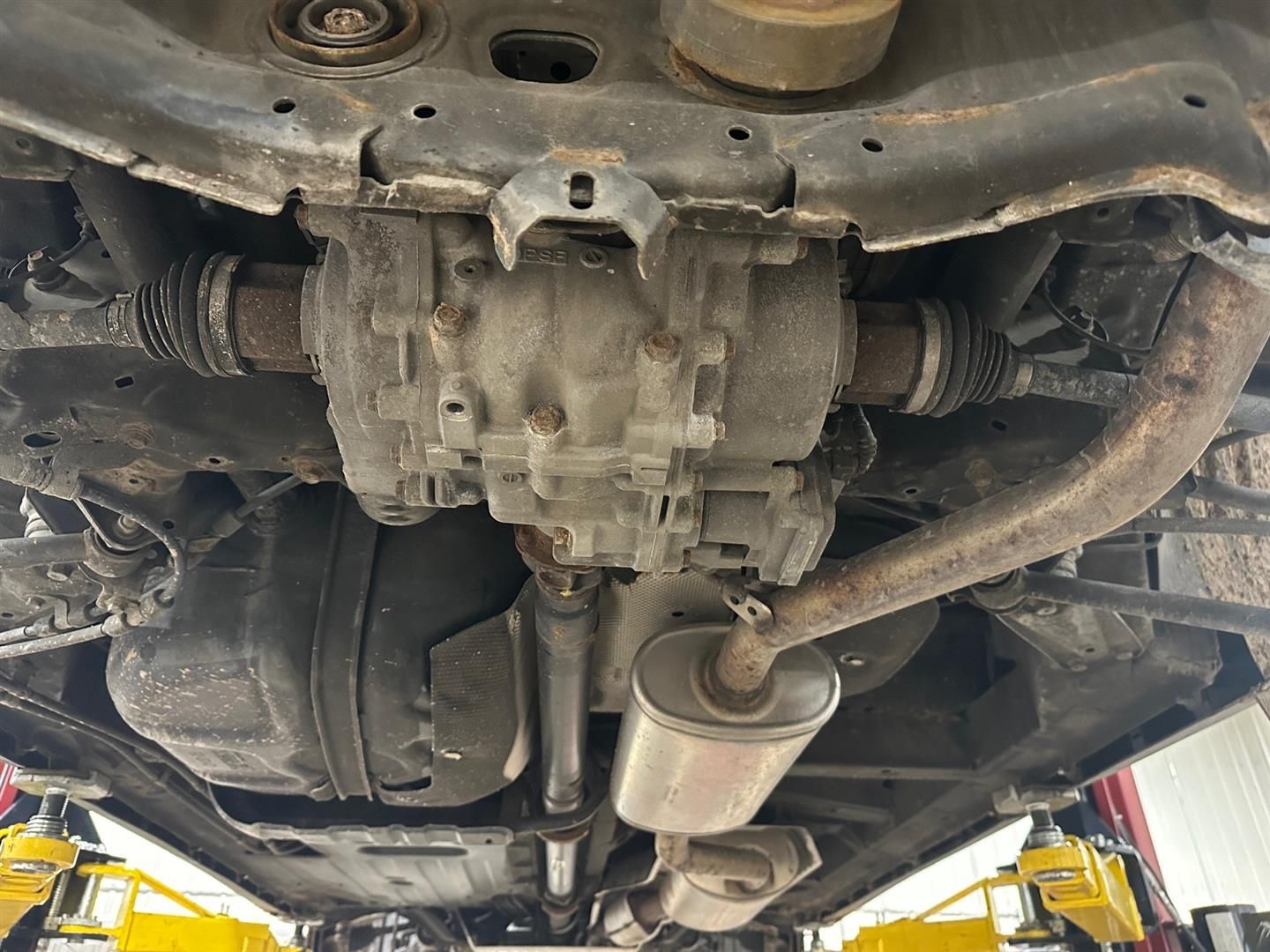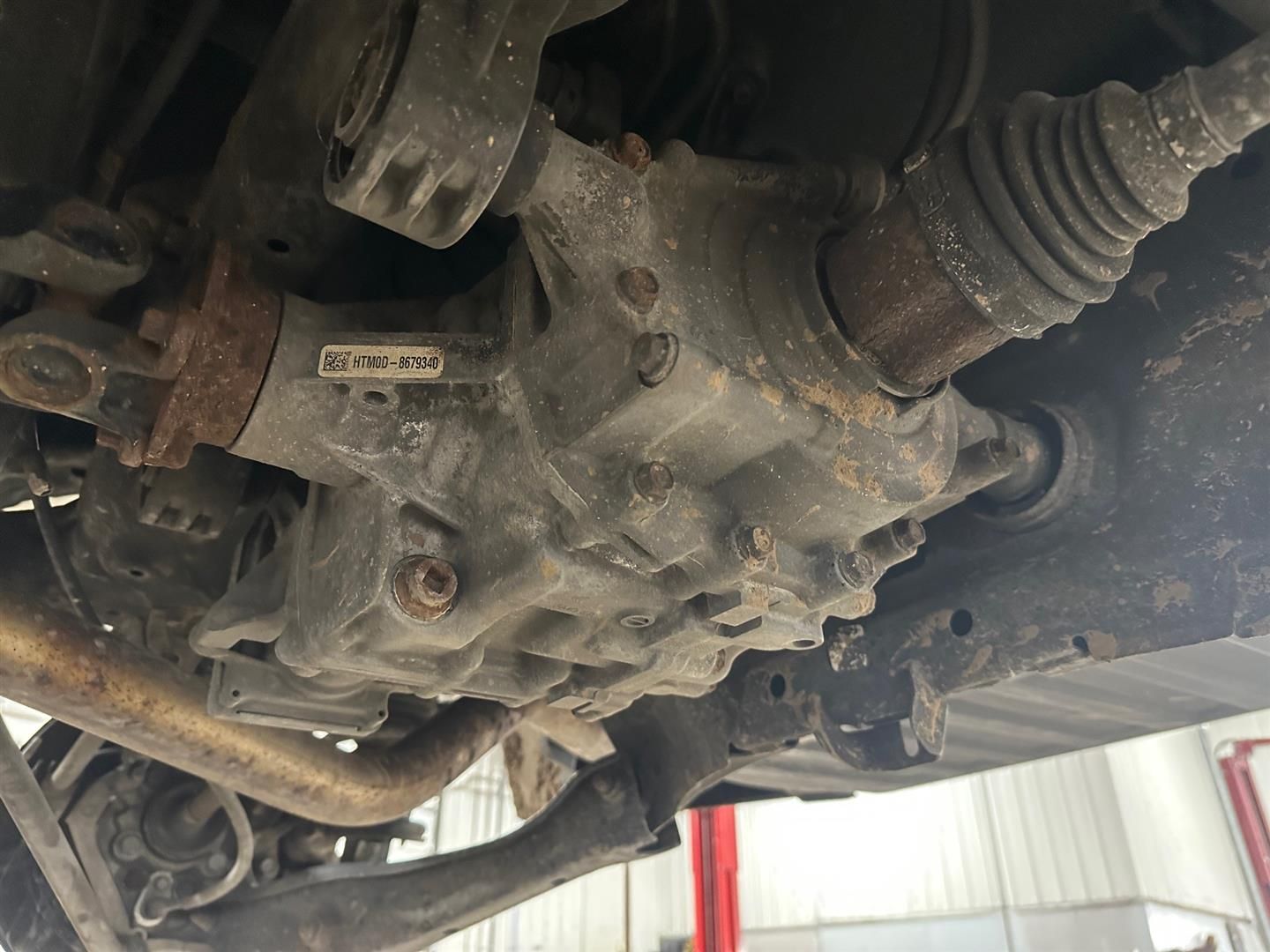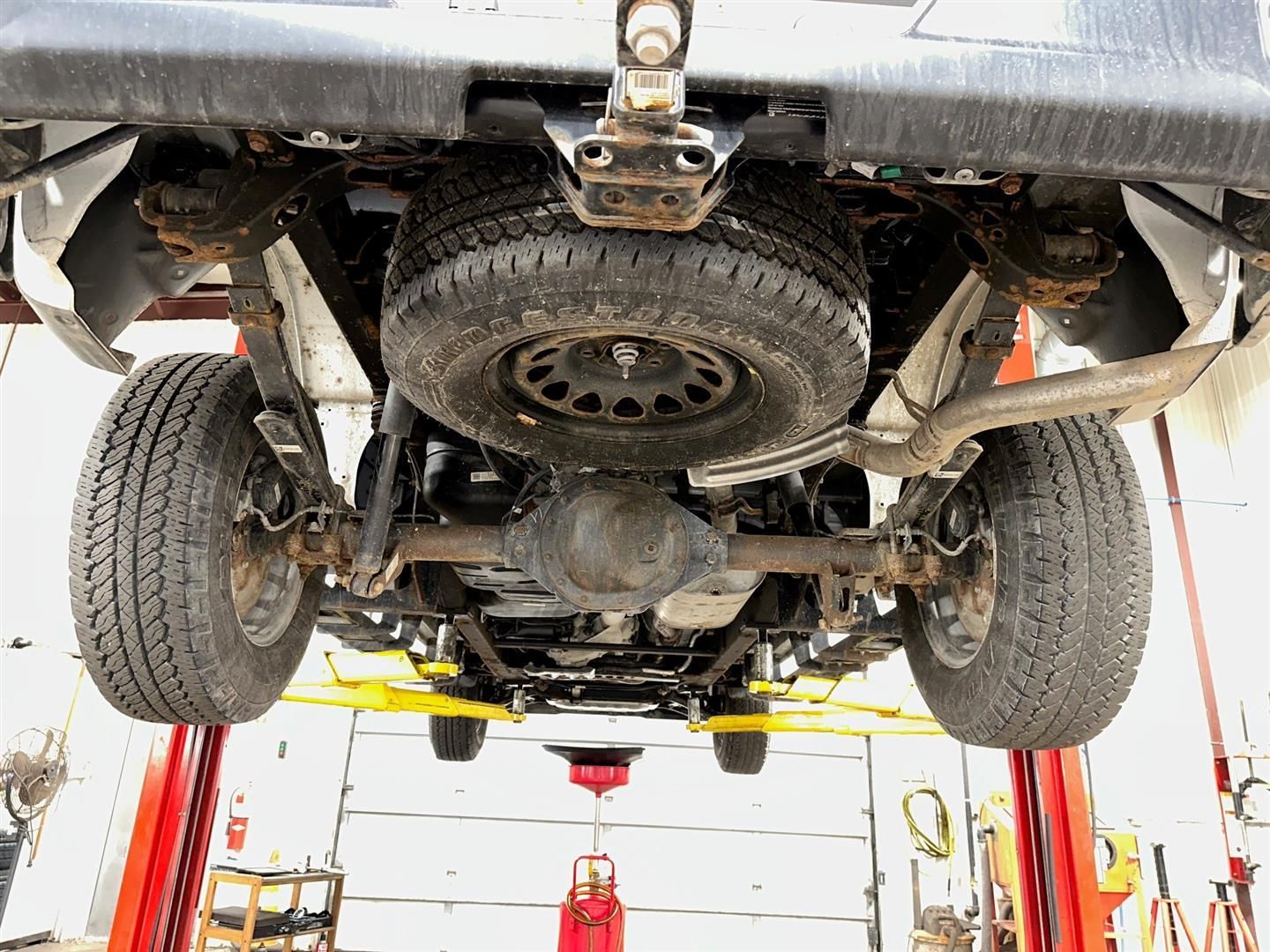
Have you ever wondered how your car is able to turn without slipping or skidding? Or how it is able to send power to two wheels, but not the other two? The answer is in a very important part of your car called the differential. Let's discuss what a differential is, how it works, and why it’s important for your car.
What Is A Differential?
The differential is a device that is found in vehicles with wheels that deliver power to the ground. It is located in the center of the rear axle. This enables the wheels to turn at different speeds while still maintaining equal torque. When you make a turn, the outside wheels need to turn faster than the inside wheels to cover more distance. And this is where the differential comes in.

What Is In The Differential?
The differential is made up of gears and bearings that allow each wheel to turn at a different speed while still delivering power to the wheels . The ring gear is connected to the driveshaft, which spins the pinion gear. The pinion gear then drives the side gears that are connected to the wheels. When you turn, the sun gears rotate and cause the spider gears to rotate as well. This allows each wheel to spin at a different speed.
Why Is The Differential Important For Your Car?
Without a differential, your car would not be able to turn properly. Also, all of the power would go to only one wheel, which would cause problems with traction and handling . That would cause a significant loss of control when turning a corner. And acceleration would suffer. The differential is also responsible for adjusting the amount of power that goes to each wheel. This is important for maintaining control in slippery conditions .

Does The Differential Help With Towing or Hauling?
The differential also plays a key role in towing and hauling. When you tow a heavy load, the weight can cause the back of your vehicle to sag. This changes the angle of the driveshaft, which can cause the pinion gear to change position. And affect the way the differential works. Some vehicles have special differentials designed for towing.
What Is A Vehicle Differential Service?
A vehicle differential service is a crucial maintenance procedure that ensures the optimal performance and longevity of your vehicle's differential, a key component in the drive train. This service involves several essential steps:
- Fluid Check and Change:
The mechanic inspects and, if necessary, replaces the differential fluid to maintain proper lubrication and prevent friction.
- Seal Examination:
Seals are checked for damage or leaks, as they play a vital role in keeping contaminants out of the differential.
- Gear Inspection:
Gears are examined for wear or damage, with any issues addressed promptly to prevent further problems.
- Bearing Assessment:
Bearings, which support moving parts, are inspected for wear or noise, and replacements are made as needed.
- Hardware Check:
All bolts and hardware connecting the differential to the vehicle are inspected to ensure they are secure and functioning properly.
- Test Drive:
In some cases, a test drive is conducted to evaluate the differential's performance in real-world driving conditions.
Regular differential services are crucial for preventing drive train issues and maintaining efficiency. The frequency of this service varies based on the vehicle's make and model, following manufacturer recommendations in the vehicle's manual.
Need service your differential? We can help! Lou's Car Care & Fleet Services has been proudly serving the Baldwinsville, NY, and surrounding communities since 1976. Call us or schedule your next appointment online today!
FREQUENTLY ASKED VEHICLE DIFFERENTIAL QUESTIONS:
1. How do I know if my differential is failing?
Signs of a failing differential include unusual noises (whining, clunking, or grinding), vibrations, difficulty turning, or uneven tire wear. Fluid leaks from the differential housing may also indicate a problem.
2. What is the recommended differential fluid change interval?
The recommended interval for changing differential fluid varies by vehicle make and model. As a general guideline, it's often suggested to change the fluid every 30,000 to 60,000 miles. Refer to your vehicle's manual for specific recommendations.
3. Can I drive with a bad differential?
Driving with a malfunctioning differential can cause further damage to the drive train and result in costly repairs. If you suspect an issue, it's advisable to have the vehicle inspected by a mechanic as soon as possible.
4. What causes differential noise?
Differential noise can be caused by various factors, including worn bearings, damaged gears, insufficient lubrication, or contamination of the differential fluid. Identifying the specific cause requires a thorough inspection by a qualified mechanic.








